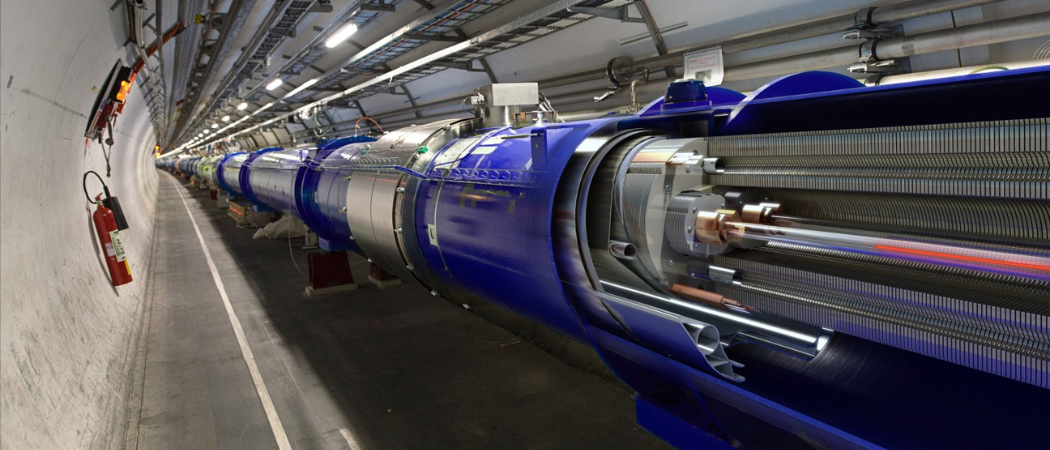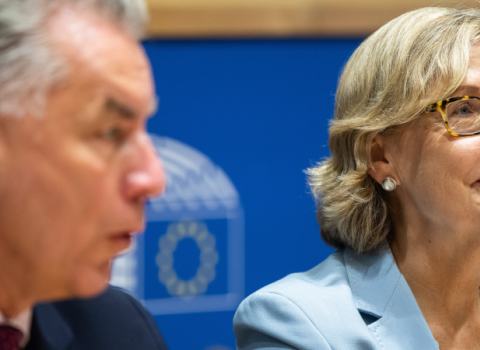The world’s largest particle physics lab is getting closer to building a new accelerator to replace the Large Hadron Collider which opened in 2008

CERN's Large Hadron Collider (LHC). Photo: Daniel Dominguez / CERN
The CERN Council has completed the midterm review of a feasibility study for a new particle accelerator that is set to replace the Large Hadron Collider (LHC), marking another step towards building the Future Circular Collider (FCC).
Last Friday, the Council discussed the feasibility study and reports by CERN’s policy, finance and advisory committees on the planned project.
The feasibility study for the FCC was launched in 2021 in response to a recommendation by the European Strategy for Particle Physics. They discussed further details on civil engineering, technical infrastructures, accelerators, detector concepts and opportunities for physics research, and cost and funding issues.
Until now, CERN has mobilised the expertise of scientists and engineers around the world to establish the location of a new 91 kilometre ring, to be built underground in the French departments of Haute-Savoie and Ain, and the Swiss canton of Geneva. The LHC ring, where the Higgs boson was discovered, extends over just 27 kilometres.
According to CERN, the construction could start after 2035, with a first stage electron-positron collider beginning operations a decade later. A second machine designed for colliding protons could be operational sometime in the 2070s.
The midterm review has taken place in three steps, starting in October, with dedicated reports by expert committees and by CERN’s Scientific Policy Committee and the Finance Committee.
The goal of the FCC is to push energy and intensity frontiers of particle colliders, with the aim of reaching collision energies of 100 tera electron Volts.
A full report on the FCC feasibility study is to be completed and released in 2025. “There is no technical showstopper identified so far, but still a lot of work to be done to achieve greater accuracy and depth technical details, on geology or on the projected cost for instance,” CERN said after the Council meeting last Friday.
Particle accelerators are consuming vast amounts of energy, and many of them went through financial difficulties during a surge in electricity prices in recent years. But, according to an analysis led by a CERN physicist, the new FCC collider would use just one-sixth of the energy of its most power-intensive rivals to achieve the same physics goals.
The project will also have to surpass political hurdles. Over the past few years, international scientific cooperation has become more difficult, as governments began redrawing rules for technology collaboration after Russia invaded Ukraine and the US engaged in a technology tussle with China.
In addition, China is also planning to build an electron-positron collider, roughly the same size as the planned FCC in Geneva.





 A unique international forum for public research organisations and companies to connect their external engagement with strategic interests around their R&D system.
A unique international forum for public research organisations and companies to connect their external engagement with strategic interests around their R&D system.